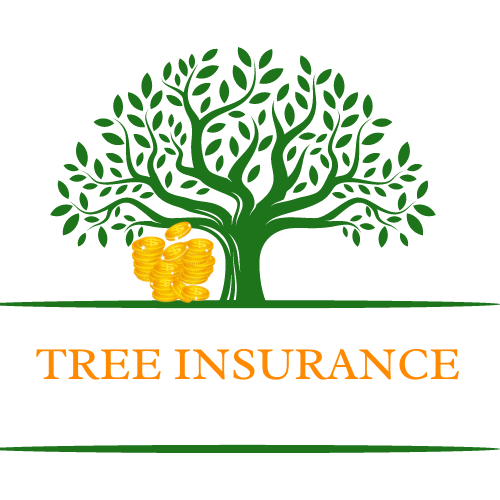Insurance is a economic structure that covers against possible financial losses or risks. It involves individuals or commodities (insured) paying bonuses to an insurance business in company for a guarantee that the insurance company will protect or compensate them for specified flops, damages, or disadvantages, as outlined in the insurance guideline. Insurance helps people and companies handle unforeseen events' uncertainty and likely economic burdens.
Here's an overview of critical concepts related to insurance:
- Policyholder/Insured: The someone or entity that purchases an insurance guideline to protect against specific risks. They pay premiums to the insurance company.
- Insurance Company/Insurer: The community that sells insurance policies and assumes the financial responsibility for covering specified losses according to the policy terms.
- Premium: The charge paid by the policyholder to the insurer at regular intervals (usually monthly, quarterly, or annually). The premium payment is based on factors such as the kind of scope, the insured's danger profile, and the matter of the insured asset.
- Policy: A permitted contract into the insurer and the termsholder that outlines the terms and conditions of coverage, including the types of risks roofed, the coverage limits, the premium amount, and the duration of coverage.
- Coverage: The content of save provided by an insurance policy. Different guidelines cover dangers such as property harm, liability, health-related payments, etc.
Deductible: The charge the policyholder of course pay out of pocket before the insurance cloak boots in. upper deductibles typically result in lower premium fee.
- Claim: A request driven by the policyholder to the insurance company for compensation or coverage due to a covered loss or event.
- Claim Adjuster: An insurance company agent who assesses the validity and extent of a claim and determines the appropriate payment based on the terms of the policy.
- Types of Insurance:
- Auto Insurance: Covers harms and liabilities connected to autos.
- Homeowners/Renters Insurance: Protects against effects harm and liability in the context of homes or rental belongings.
- Health Insurance: Covers medical payments and healthcare costs.
- Life Insurance: Provides a cessation convenience to beneficiaries during the insured's death.
- Property Insurance: Covers damages to property from events like fire, stealing, or natural disasters.
- Liability Insurance: Covers legal liabilities for bodily injury or property damage to others.
- Business Insurance: Covers businesses from various risks, including effects damage, liability, and business interruption.
- Travel Insurance: Covers unexpected events while travelling, such as trip cancellations, medical emergencies, and lost baggage.
- Underwriting: The method by which insurance companies assess the risk associated with insuring a particular individual, property, or entity. This assessment helps determine the premium amount.
- Rider/Endorsement: An extra provision added to an insurance policy to modify or expand coverage.
- Exclusion: Specific conditions or events not covered by the insurance policy.
Insurance is critical in helping people and companies manage risks and protect their economic well-being. It provides peace of mind and a security net in random events.
